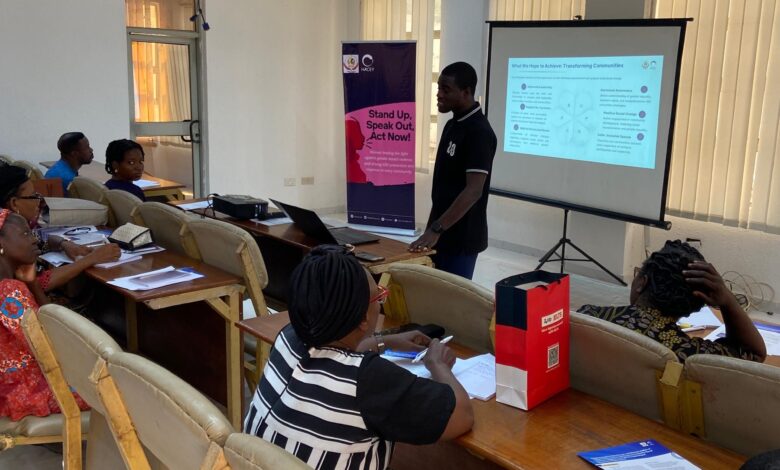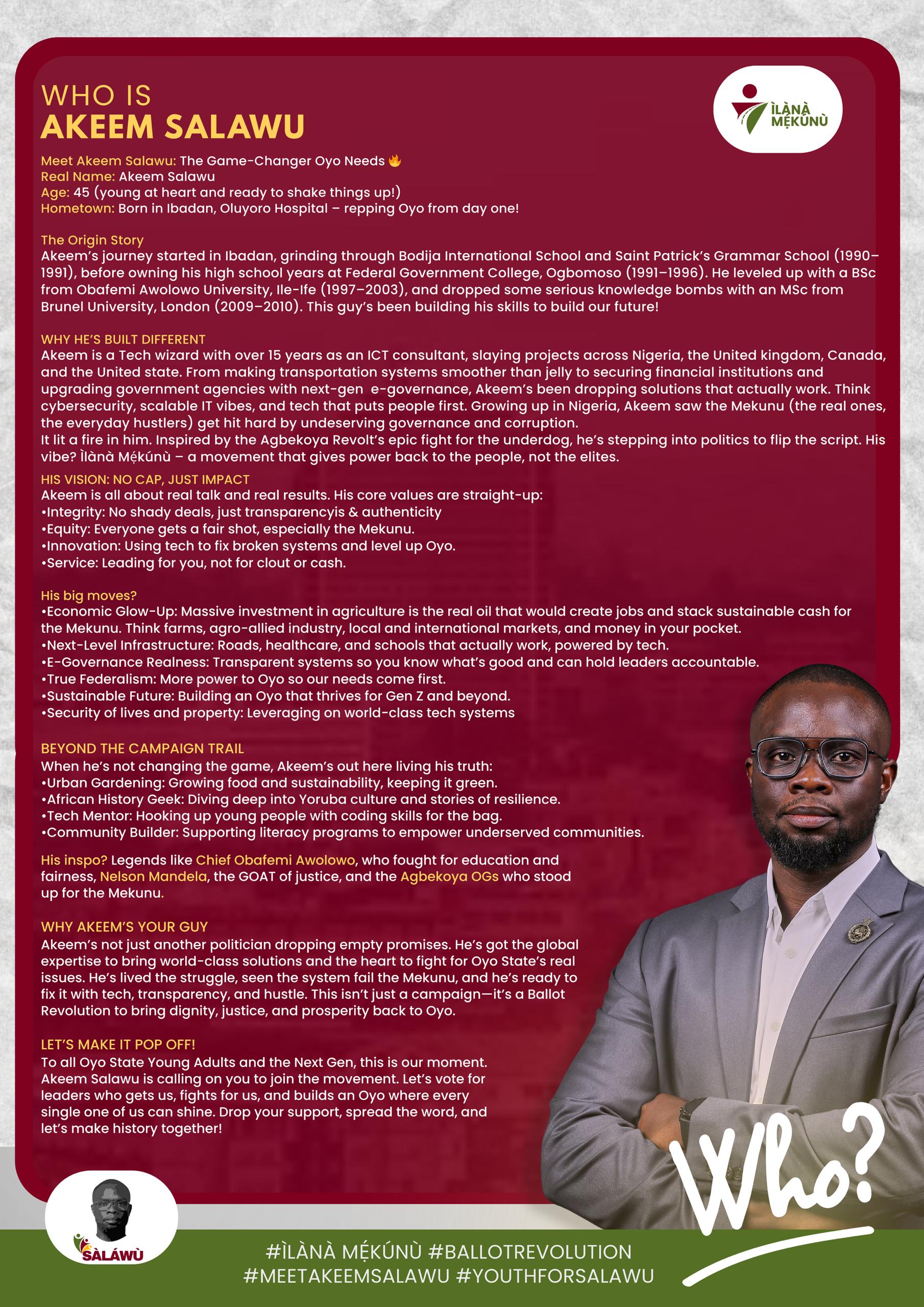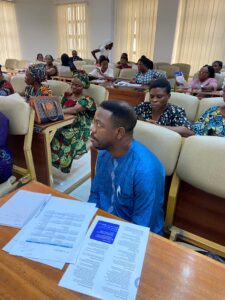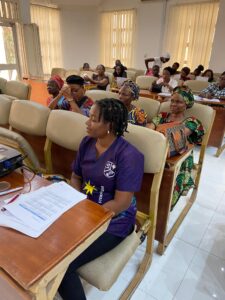HACEY, WACOL Partner to Empower Christian and Cultural Women Leaders in Fight Against Gender-Based Violence
HACEY, WACOL Partner to Empower Christian and Cultural Women Leaders in Fight Against Gender-Based Violence

In a renewed effort to tackle gender-based violence (GBV) in Nigeria, HACEY Health Initiative, in partnership with the Women Aid Collective (WACOL), has launched a transformative project titled “Empowering Christian Women and Women Leaders of Culture for Prevention and Response to Gender-Based Violence in Nigeria.”

The initiative aims to strengthen the capacity of Christian and cultural women leaders to challenge harmful norms, support survivors, and promote gender equality within their communities.

Speaking at a stakeholders’ engagement meeting held at Atlantis Grand Suite and Hotel, Ogo-Oluwa, Osogbo, HACEY’s Program Manager for Research and Development, David Agala, said the partnership would help strengthen grassroots organizations and ensure coordinated action against GBV.
“The project’s implementation strategy involves defining clear roles, goals, and objectives while ensuring active stakeholder collaboration,” Agala noted.

The engagement brought together key representatives from government ministries, faith-based institutions, traditional councils, civil society organizations, and the media across Osun State. Participants included delegates from the Ministry of Women Affairs, Ministry of Health, Nigeria Security and Civil Defense Corps (NSCDC), Christian Association of Nigeria (CAN), the State Council of Obas and Chiefs, and various women-focused NGOs.
According to the Nigeria Demographic and Health Survey (NDHS) 2018, one in three Nigerian women experiences gender-based violence. Recognizing the influence of faith and culture in shaping societal norms, the new initiative seeks to leverage these spheres to promote positive behavioral change.

The meeting’s objectives included:
- Introducing the project’s goals and implementation strategy.
- Establishing coordination and technical support structures.
- Validating stakeholder engagement plans.
- Identifying collaboration opportunities with women’s groups and government agencies.
- Building stakeholder ownership for sustainable impact.

Expected outcomes from the engagement include strengthened understanding among stakeholders, increased commitment from ministries and women leaders, integration of feedback from cultural and faith-based leaders, and the establishment of long-term communication channels for collaboration.
Executive Director of HACEY, Rhoda Robinson, emphasized the importance of community-driven approaches in addressing GBV.
“Empowering women leaders in faith and cultural spaces isn’t just a strategy—it’s a necessity,” Robinson said.

“These women are trusted voices in their communities. When equipped with the right tools, they become powerful advocates for change, challenging harmful norms, supporting survivors, and leading the charge against gender-based violence.”
She added that the project is uniquely positioned to address the root causes of GBV through sustained advocacy, education, and community action.
“Together, we can shift mindsets, dismantle harmful practices, and build a society where gender equality is not just a goal, but a lived reality,” she said.
Following the meeting, stakeholder inputs will be incorporated into the project’s work plan, and a coordination WhatsApp group will be established to facilitate ongoing communication and technical collaboration.









